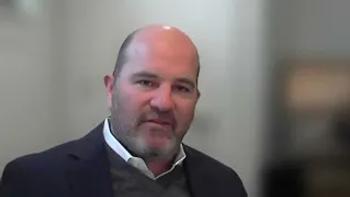
Employers and Medicare trustees could come together and change the healthcare industry, leading to healthcare reform, according to Luke Hansen, M.D., M.H.S., and chief medical officer of Arcadia, a healthcare data analytics company.

Employers and Medicare trustees could come together and change the healthcare industry, leading to healthcare reform, according to Luke Hansen, M.D., M.H.S., and chief medical officer of Arcadia, a healthcare data analytics company.

This expanded indication for Amvuttra makes it the first and only FDA-approved treatment for transthyretin amyloidosis with cardiomyopathy (ATTR-CM) and the polyneuropathy of hereditary transthyretin-mediated amyloidosis (hATTR-PN) in adults.

Luke Hansen, M.D., M.H.S., chief medical officer of Arcadia, a healthcare data analytics company, explains that the Make America Healthy Again initiative’s focus on chronic disease support will benefit value-based care and preventative care.

Moving away from accountable care organizations (ACOs) will not lead to value-based care, according to Luke Hansen, M.D., M.H.S., and chief medical officer of Arcadia, a healthcare data analytics company.

Luke Hansen, M.D., M.H.S., and chief medical officer of Arcadia, a healthcare data analytics company, said that achieving value-based care will need to be a multipronged approach with commercial purchasers and state Medicaid programs playing a prominent role.

An overview of Arcadia, a healthcare data analytics company, according to chief medical officer, Luke Hansen, M.D., M.H.S.

Avidity Biosciences Inc. says will submit an application for accelerated approval to the FDA for del-zota before the end of this year.
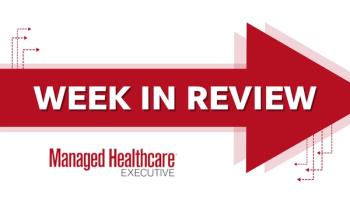
Here’s what you missed this week on Managed Healthcare Executive.

Inflammatory bowel disease is a diverse disease that affects people all over the globe. This diversity in setting and treatment options makes it difficult for researchers to estimate the exact cost of care, according to Johan Burisch, M.D., Ph.D., a gastroenterologist at Hvidovre Hospital in Denmark.
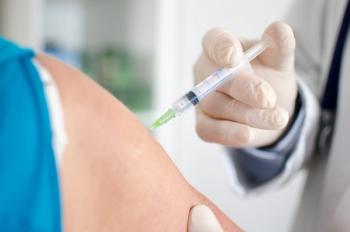
The early results of trials for two injectable, investigational antiretroviral therapies, VH4524184 and VH4011499, have the potential for extended dosing intervals.
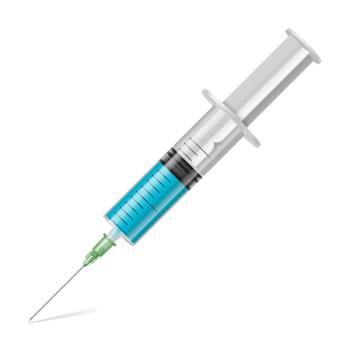
Gilead has reported results for a once-yearly intramuscular injection that show blood concentrations of lenacapavir exceeded those from the twice-yearly dosing.

Prevalence varies by region and is impacted by social stigma, access to preventive medicine and a lack of HIV/AIDS education, according to new research published in Health Science Reports.
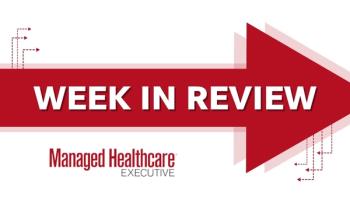
Here’s what you missed this week on Managed Healthcare Executive.

A reduction in emergency room visits is just one of the ways teledermatology has improved patient outcomes and reduced costs, according to Elizabeth K. Jones, M.D., an associate dermatology professor at Thomas Jefferson University Hospital in Philadelphia.

An overview of the definition of teledermatology and it’s three subtypes, according to Elizabeth K. Jones, M.D., FAAD, an associate dermatology professor at Thomas Jefferson University Hospital.

Rebecca Vasquez, M.D., FAAD, said that while there is not enough data to support success stories yet, she has seen firsthand the ways addressing social drivers of health has impacted her patients.

Raising funding for research on social drivers of health may become an obstacle, given recent anti-DEI policies put into place by the federal government, according to Rebecca Vasquez, M.D., FAAD, a speaker at the 2025 American Academy of Dermatology meeting.

The experimental Healthy Opportunity Pilots (HOP) program reduced Medicaid spending by addressing the social needs of enrollees in 33 counties in North Carolina, according to evaluation results published in JAMA.

Neffy 1 mg is now approved by the FDA to treat pediatric patients who weigh 33 to 65 lbs. Neffy was first FDA-approved as a 2 mg dose in August 2024 for the emergency treatment of anaphylaxis in children and adults weighing at least 66 lbs.

Environmental factors like diet and early antibiotic use have an impact on the gut microbiome and can contribute to inflammatory bowel disease (IBD), explained Ashwin N. Ananthakrishnan, M.D., M.P.H., MGH, associate professor of medicine at Massachusetts General Hospital.

The FDA has accepted Amneal’s biologics licensing application for two biosimilars referencing Prolia and Xgeva.

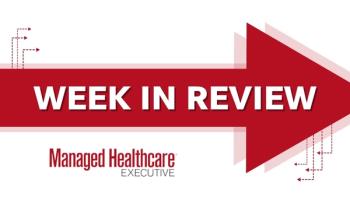
Here’s what you missed this week on Managed Healthcare Executive.

The FDA has accepted the biologics licensing application (BLA) resubmission for odronextamab, a potential treatment for relapsed/refractory follicular lymphoma and diffuse large B-cell lymphoma.
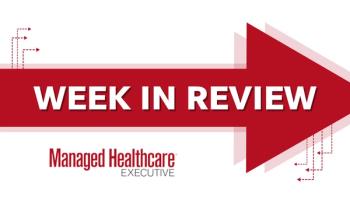
Here’s what you missed this week on Managed Healthcare Executive.

Conversations around menopause symptoms are becoming more common, but there is such a thing as potentially calling too much attention, especially in the workplace, according to Monica Christmas, M.D., director of the menopause program at the University of Chicago Medicine and the Center for Women’s Integrated Health.

Gaps in funding caused by the potential $5 billion budget cut to the National Institutes of Health would be “almost impossible” to fill, according to Aaron J. Kowalski, Ph.D., CEO of Breakthrough T1D.

Bias and stigma are to blame for the way women’s health research has fallen behind, according to Monica Christmas, M.D., director of UChicago Medicine’s menopause program and the Center for Women's Integrated Health and Valentina Sartori, Ph.D., a partner in McKinsey & Company’s Life Sciences Practice, and affiliated leader of the McKinsey Health Institute.
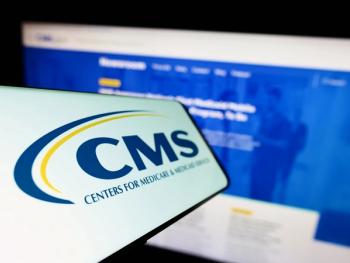
Funding will be cut to $10 million, which is a nearly 90% decrease from 2024’s budget of $98 million.

Aaron J. Kowalski, Ph.D., CEO of Breakthrough T1D, spoke with Managed Healthcare Executive, about the possible impacts of the NIH’s cuts to indirect research funding.